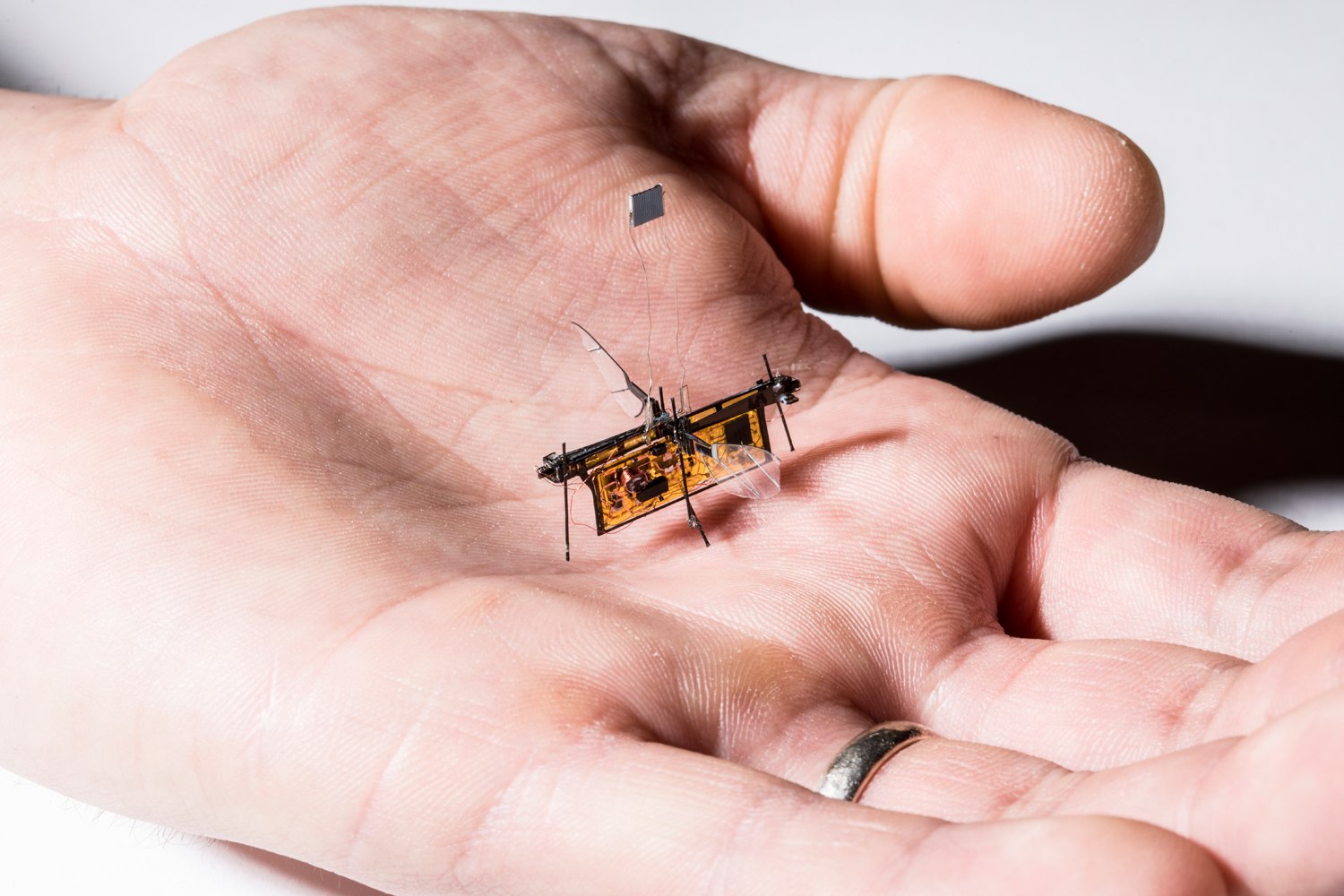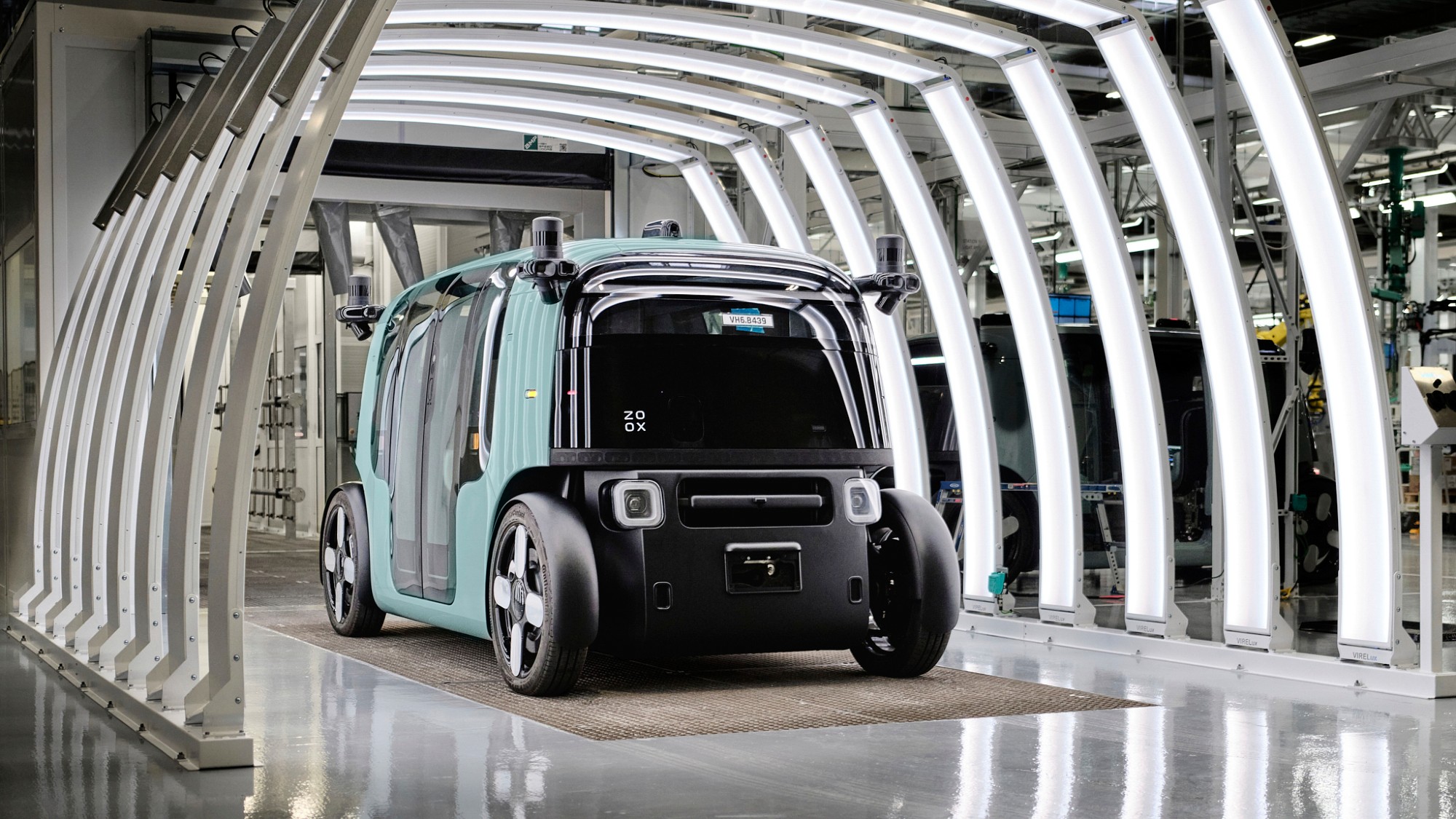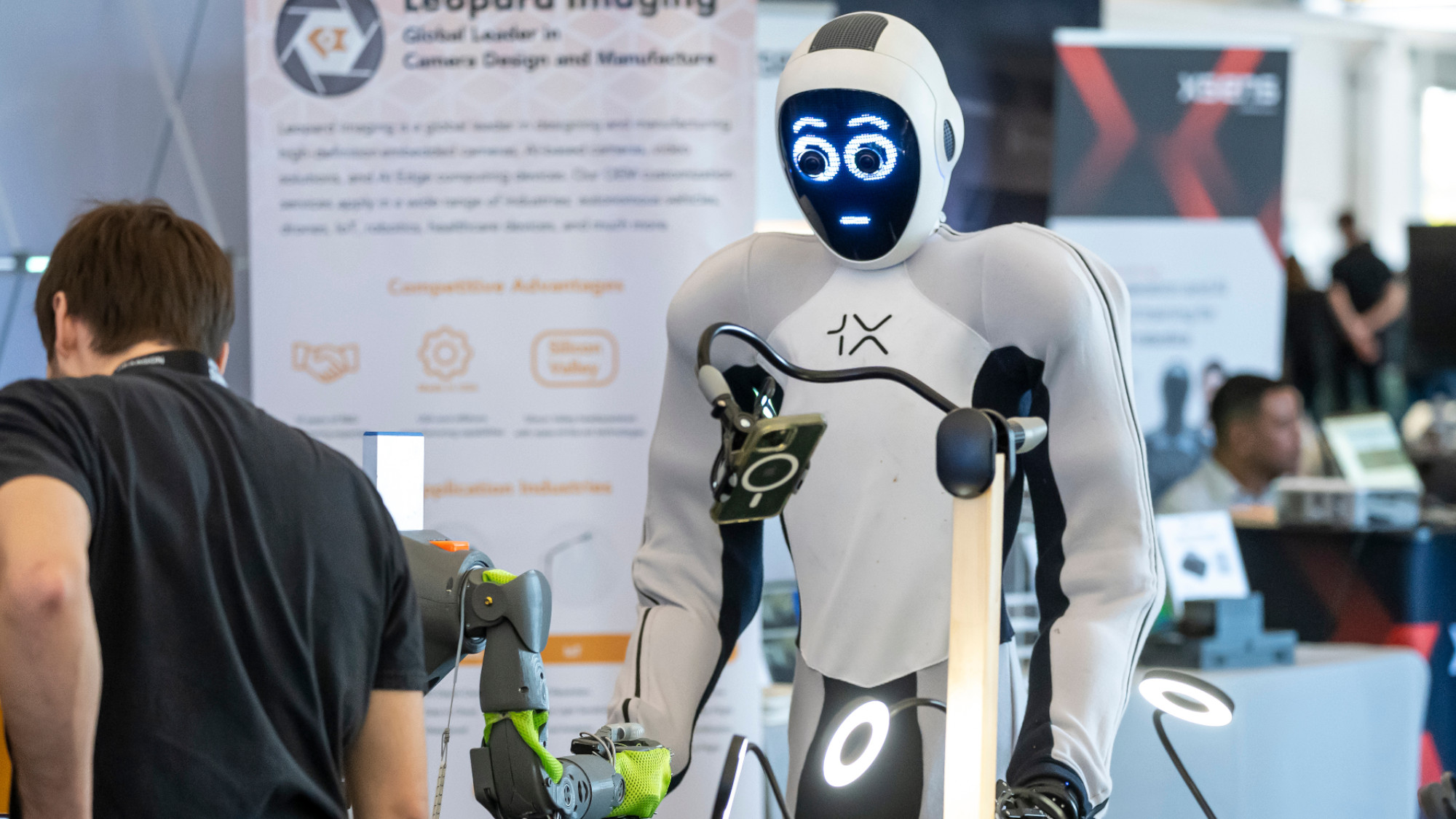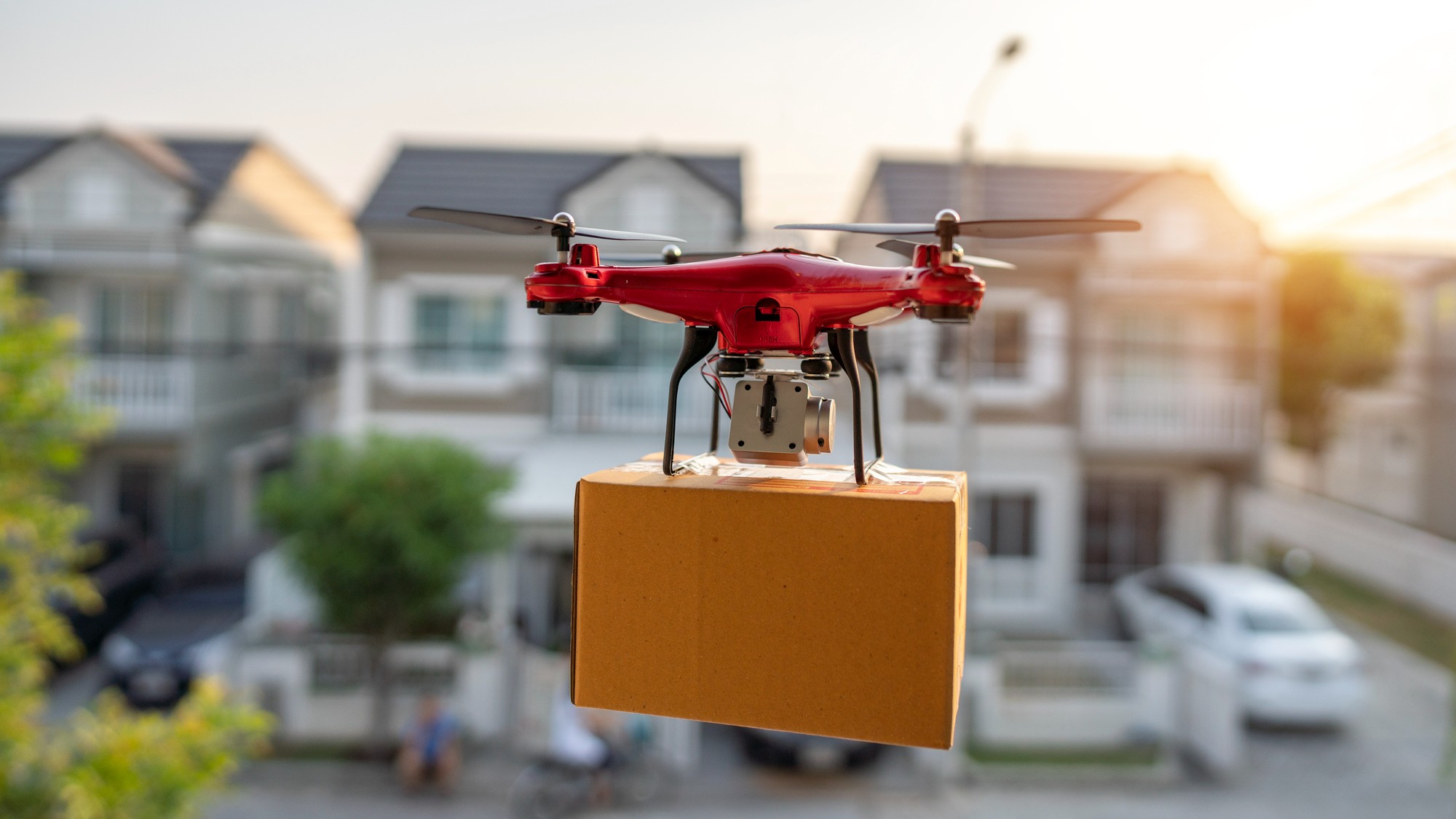Laser-powered flying robot insect takes flight
Tiny bug-like droid could be used to help rescue people in disaster zones

A free daily email with the biggest news stories of the day – and the best features from TheWeek.com
You are now subscribed
Your newsletter sign-up was successful
Flying robots powered by laser beams may sound like a bizarre machine plucked from science fiction but a team of researchers are one step closer to making the technology a reality.
Scientists from the University of Washington have developed a minute android with tiny insect-like wings that doesn’t need wires or a battery pack to take flight.
Instead, the bug-sized robot, dubbed RoboFly, is powered by a laser beam being fired at a receiver on the top of the droid, says TechCrunch.
The Week
Escape your echo chamber. Get the facts behind the news, plus analysis from multiple perspectives.

Sign up for The Week's Free Newsletters
From our morning news briefing to a weekly Good News Newsletter, get the best of The Week delivered directly to your inbox.
From our morning news briefing to a weekly Good News Newsletter, get the best of The Week delivered directly to your inbox.
Footage shows the flying robot, which is only slightly taller than the diameter of a pencil, momentarily lifting off and travelling “almost no distance” before landing, the tech site says.

Despite the brevity of the robot’s flight time, the test shows that scientists are making progress towards solving some challenges with creating small flying objects.
Engadget says one of the most difficult aspects of flight is ensuring a craft is carrying enough power to move while being light enough to take off.
Battery packs are too heavy for small flying gadgets to get airborne, the website says, but the University of Washington’s laser eliminates the need for a battery system as power is transmitted through the air.
A free daily email with the biggest news stories of the day – and the best features from TheWeek.com
The technology could prove to be as practical as drones, RoboFly’s larger siblings, says Wired.
The compact size of the RoboFly and its ability to hover could make it a key piece of technology on reconnaissance missions or as an aid to emergency services searching for people in difficult-to-reach areas, the site says.
Sawyer Fuller, co-author of the research paper on the RoboFly, said: “You could buy a suitcase full of them, open it up, and they would fly around your building looking for plumes of gas coming out of leaky pipes.
“If these robots can make it easy to find leaks, they will be much more likely to be patched up, which will reduce greenhouse emissions,” he said.
The team will present the tiny robot at the International Conference on Robotics and Automation in Brisbane, Australia, on 23 May.
-
 El Paso airspace closure tied to FAA-Pentagon standoff
El Paso airspace closure tied to FAA-Pentagon standoffSpeed Read The closure in the Texas border city stemmed from disagreements between the Federal Aviation Administration and Pentagon officials over drone-related tests
-
 Political cartoons for February 12
Political cartoons for February 12Cartoons Thursday's political cartoons include a Pam Bondi performance, Ghislaine Maxwell on tour, and ICE detention facilities
-
 Arcadia: Tom Stoppard’s ‘masterpiece’ makes a ‘triumphant’ return
Arcadia: Tom Stoppard’s ‘masterpiece’ makes a ‘triumphant’ returnThe Week Recommends Carrie Cracknell’s revival at the Old Vic ‘grips like a thriller’
-
 The robot revolution
The robot revolutionFeature Advances in tech and AI are producing android machine workers. What will that mean for humans?
-
 Amazon's robotaxi looks to be Waymo's biggest competitor
Amazon's robotaxi looks to be Waymo's biggest competitorIn the Spotlight The company recently opened a new robotaxi production plant in California
-
 Secret AI experiment on Reddit accused of ethical violations
Secret AI experiment on Reddit accused of ethical violationsIn the Spotlight Critics say the researchers flouted experimental ethics
-
 Space-age living: The race for robot servants
Space-age living: The race for robot servantsFeature Meta and Apple compete to bring humanoid robots to market
-
 Claws, motherships and shotguns are just some of the latest drone technology
Claws, motherships and shotguns are just some of the latest drone technologyThe Explainer Beyond just surveillance, drones can now be used for a wide array of purposes
-
 Is the world ready for Tesla's new domestic robots?
Is the world ready for Tesla's new domestic robots?Talking Points The debut of Elon Musk's long-promised "Optimus" at a Tesla event last week has renewed debate over the role — and feasibility — of commercial automatons
-
 The pros and cons of drone delivery
The pros and cons of drone deliveryPros and cons It's a bird! It's a plane! It's a ... drone?
-
 Is the era of robotaxis over before it ever really started?
Is the era of robotaxis over before it ever really started?Talking Point As the nascent self-driving ride service industry gears up to expand beyond San Francisco, some tech and transportation experts say it's time to pump the breaks